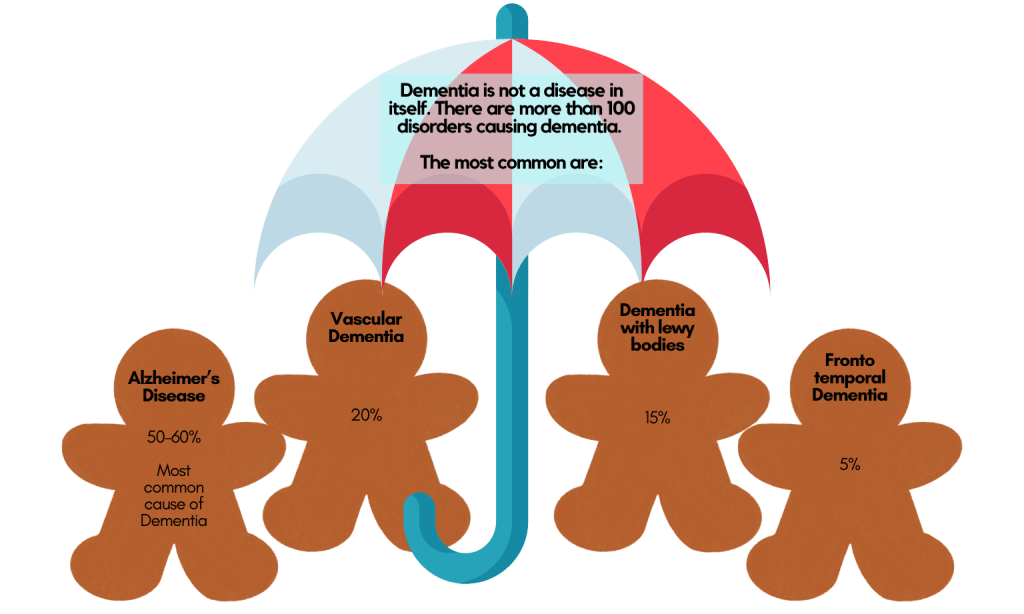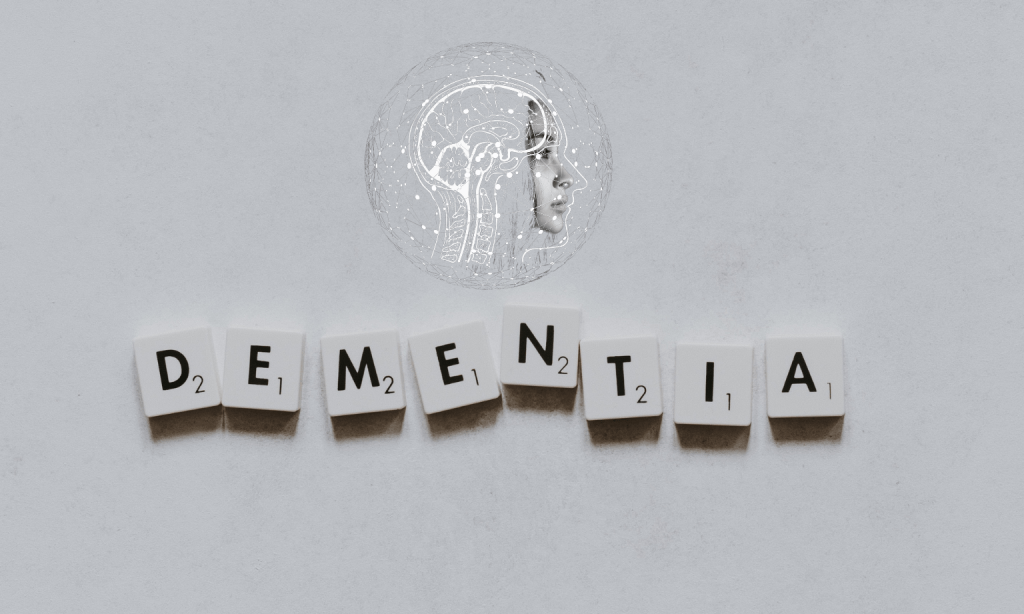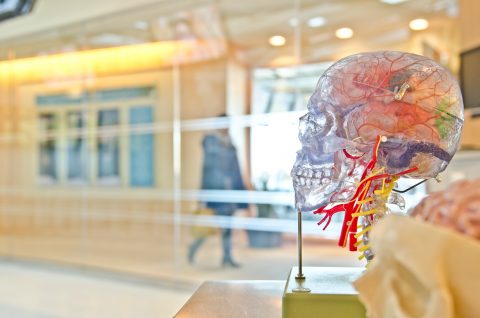Dementia serves as an umbrella term encompassing a decline in mental ability severe enough to interfere with daily life. It’s not a specific disease but a group of symptoms. Alzheimer’s, on the other hand, is a specific type of dementia, the most common cause, creating a category under this broader term.
What is Dementia?
Common symptoms of Dementia:
- A decline in memory
- Changes in thinking skills
- Poor judgment and reasoning skills
- Decreased focus and attention
- Changes in language
- Changes in behaviour

What is Alzheimer’s?
Alzheimer’s is a degenerative brain disease marked by complex changes following cell damage. As it progresses, more severe symptoms manifest, including disorientation, confusion, and notable behaviour changes. It eventually impacts basic functions like speaking, swallowing, and walking. While age is the greatest known risk factor, it’s crucial to note that the disease is not a normal consequence of ageing.
Key differences: Dementia vs. Alzheimer’s
Dementia
- Dementia is a term addressing mental decline
- Can affect individuals at any
stage of life - Some forms are temporary, reversible, and curable with
proper medication
Alzheimers
- Alzheimer’s is a type of
Dementia - More likely to occur in the
elderly stages - Irreversible and incurable
Key takeaway
Understanding the difference between Dementia and Alzheimer’s is crucial for individuals, families, and caregivers. Knowledge about these distinctions empowers individuals to navigate the complexities associated with cognitive decline. Clarifying the confusion ensures informed decisions for those affected by these conditions. If you found this insightful you might also like our post on 7 stages of Dementia.
If you would like to learn more about neurodegenerative conditions like Alzheimer’s disease or dementia, which directly affect brain health, memory loss, and cognitive age, check out liveivory.com. Our team of experts is dedicated to providing valuable information and resources to help you better understand these conditions and find ways to live your best life while managing these critical aspects of cognitive health.




